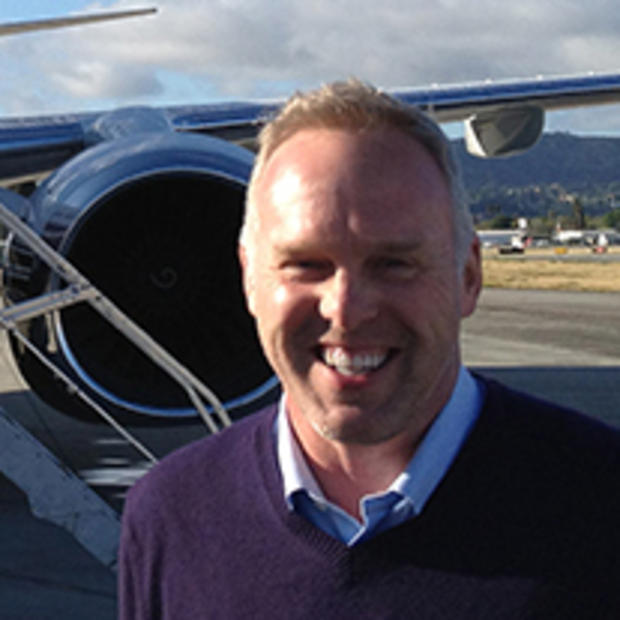Standing before a shop classroom filled with students from Aviation High School and Renton Technical College, and a phalanx of state and local politicians and business leaders, Washington Gov. Chris Gregoire announced a package of measures, including a proposed 10-year extension of a major business and occupations (B&O) tax incentive, aimed at enticing Boeing to build the company's newest single-aisle jetliner, the 737 MAX, here.
The governor's $9.8 million package (not including the value of the tax incentive) focuses on increasing the strength of the regional aerospace workforce though new and expanded educational programs. Gregoire says she will also ask the legislature for a 10-year extension of an existing aerospace industry tax incentive on pre-production work, which is now set to expire in 2024. In addition, the proposal would add a combined 775 more slots for engineering students at WSU and UW and create a new Governor's Aerospace Office to advise on how to advance the state's competitiveness in aerospace.
Gregoire's package takes its cues from the Washington Aerospace Partnership's Aerospace Competitiveness Study prepared by consulting firm Accenture and also released today. The report compares Washington state to eight other states that are likely in the running for the 737 MAX. The stiffest competition comes from the state of Texas, which is actively recruiting aerospace businesses and is rumored to be preparing to deploy $50 million in "deal closing" funding from the Texas Enterprise Fund in its battle to win the work.
In the Executive Summary of the Accenture report, Texas is rated as having the same advantages as Washington except one: its political climate. Washington is rated "basic" while Texas is rated "leading," in part for its ability to offer incentives to companies. In that, Texas beats all others. Read further and another thing jumps out: According to our area's own study, Texas wins, earning a "Leading" rating in more categories than any other state.
So for Boeing, the decision calculus may involve comparing Texas-sized up front incentives against Washington's back-end sweetener of another 10 years of specialized B&O tax exemptions.
More likely, though, is that in a vast multi billion dollar program such as the 737 MAX, all of these packages may seem like peanuts in comparison to the largest, most delicate issue likely to be in the air: the relationship of Boeing and organized labor with each other and how both are prepared to work together so the company can take advantage of the legendary skills in the Pacific Northwest and local area workers can take advantage of having a job.


